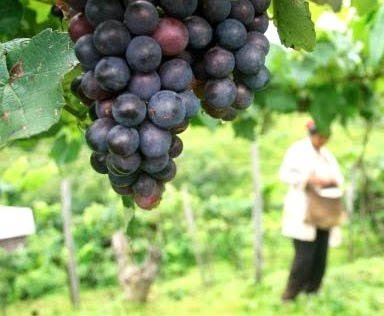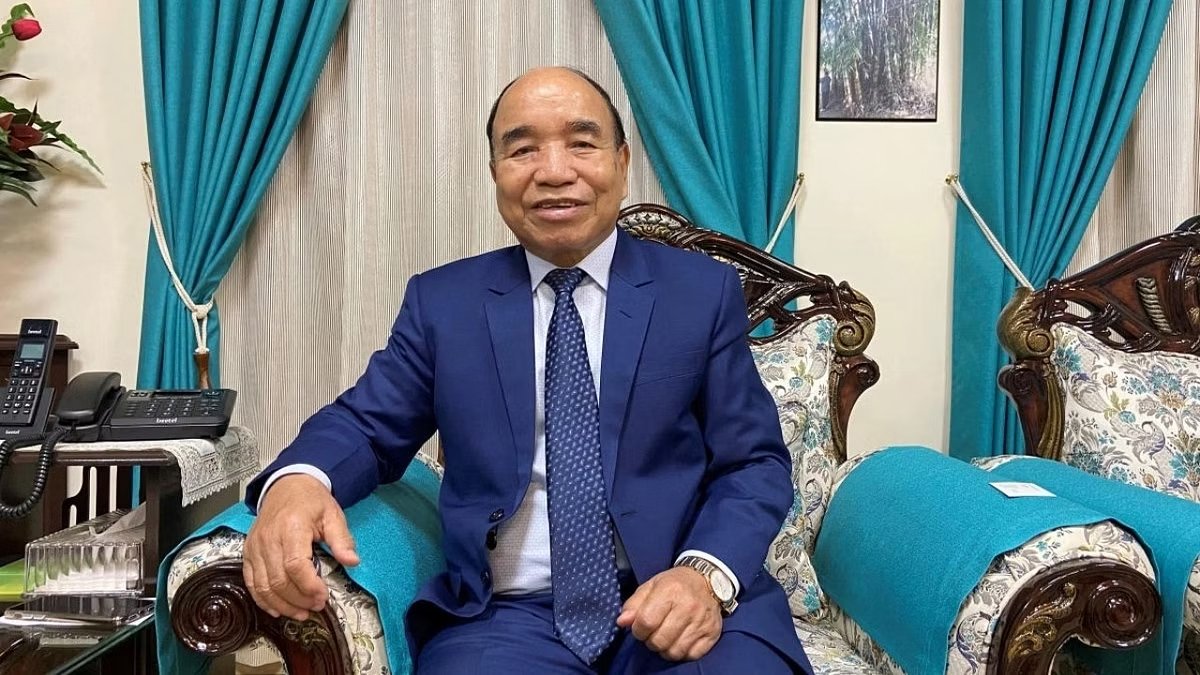Aizawl/Kohima, July 31: The two Christian-dominated northeastern states of Mizoram and Nagaland continue to be “completely dry”, but prohibition is not effectively implemented in Nagaland where the ban on liquor came into force 33 years ago.
The Nagaland Liquor Total Prohibition (NLTP) Act, 1989, prohibits possession, sale, consumption, manufacture of liquor, import and export.
Replacing the ‘Mizoram Liquor (Prohibition and Control) or MLPC Act, 2014, after enacting the Mizoram Liquor (Prohibition) Act, 2019, the Mizo National Front (MNF) government imposed prohibition on the sale and consumption of liquor on May 28, 2019.
In Mizoram, following the Government’s crackdown on the wine trade, there is confusion over the sale and consumption of wine made from grapes.
But often a debate surfaces in the public domain on whether prohibition should be given more teeth or be relaxed altogether in both the States.
Suggesting lifting of prohibition, ruling Nationalist Democratic Progressive Party (NDPP) legislator K. T. Sukhalu felt that the revenue generated from the sale of liquor can be utilised to improve education and healthcare facilities.
Sukhalu, advisor for school education, said the revenue generated by the State is not sufficient to improve the health and education facilities.
He last week demanded the lifting of the NLTP Act.
Noting that many people won’t accept his suggestion, the lawmaker clarified that he does not support liquor consumption but claimed that spurious liquor is available in every nook and corner of the mountainous state.
“We have tested samples of local liquor available in Nagaland, and all were found to be spurious,” Sukhalu said.
Manpower shortage is one of the big hurdles for the Nagaland excise department in its endeavour to implement the NLTP Act, 1989 in the state properly.
A senior official cited the example of Mizoram, which had a population of 12.6 lakh but had a sanctioned strength of 559 excise personnel as against Nagaland’s 335 for a population of nearly 20 lakh.
“Considering the size of population in Nagaland, the excise department required approximately 1,020 personnel to effectively implement the prohibition law,” the official told IANS, refusing to be named.
He said the NGOs in Mizoram are very pro-active in executing the Mizoram Liquor (Prohibition) Act, 2019, but in Nagaland this is lacking.
According to the official, the Nagaland excise department’s estimated revenue generation was approximately Rs 250 crore to Rs 300 crore.
Mizoram Excise and Narcotics minister K. Beichhua said that the state government had enacted the Mizoram Liquor (Prohibition) Act, 2019 to save future generations from the menace of alcohol and drugs, and to establish a clean Mizo society.
He said that the State Government has been losing revenue to the tune of Rs 60 to Rs 70 crore annually following the enactment of the law but the loss of revenue is much less than the loss of human life and suffering. “Larger societal benefit is more vital.”
Mizoram was a dry state for about 18 years, until the previous Congress government in January 2015 lifted the ban on the sale and consumption of alcohol. Liquor shops then started thriving in the Christian-dominated state.
Beichhua claimed several hundred people, mostly young men, died of alcohol consumption and in road accidents after the ban was lifted.
In fact, some political pundits blame the Congress’ liberal liquor policy for its debacle in its last political bastion in the 2018 Assembly polls.
Since 2003-04, several hundred farmers in Mizoram have been growing various varieties of grapes including the Bangalore Blue variety under the National Technology Mission for making wine.
In 2007, the Mizoram Government had relaxed the Mizoram Liquor Total Prohibition Act, 1995, allowing the manufacturing of wine with up to 14 per cent alcohol content.
The influential churches in Mizoram fear that grapes with high alcohol content would serve as a substitute for hard drinks in the dry state.
The recent crackdown on Mizoram-made wines by officials of the state excise and narcotics department has seen a serious reaction, with grape cultivators, wine manufacturers and netizens decrying the Government’s action on social media and various other platforms.
While people involved in the trade have accused the Mizoram Government of “waging war” on the state-owned horticulture products, the officials conducting the raids have said that the crackdown was against Korean wines being sold freely.
Joining the uproar, Mizoram’s lone Bharatiya Janata Party MLA Buddha Dhan Chakma said that he could not understand the Mizoram Government’s policy on liquor prohibition as the same wine, which was seized, had been served to a visiting Union minister recently.
The excise officials recently conducted raids on departmental stores at Millennium Centre, Aizawl’s biggest shopping malls and hotels, seizing huge quantities of wines, imported and locally made.
The Opposition Congress has demanded the resignation of excise and narcotics minister Beichhua over the death of a woman vendor, who allegedly suffered depression after she lost her livelihood after officials seized substantial quantities of locally processed bottled grape wines from her shop.
The 52-year-old widow Lalhriatpuii’s main sources of income were the grape wines she sold from her shop, the Congress leaders claimed. (IANS)







